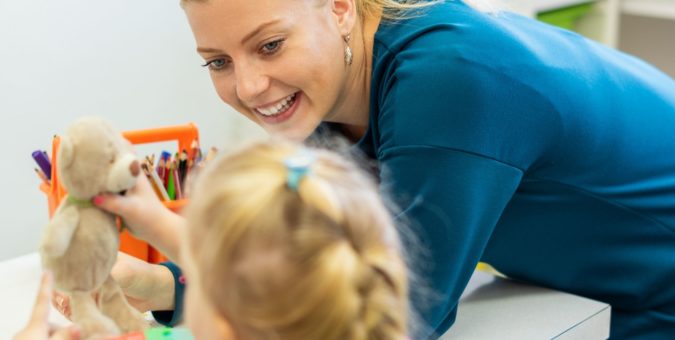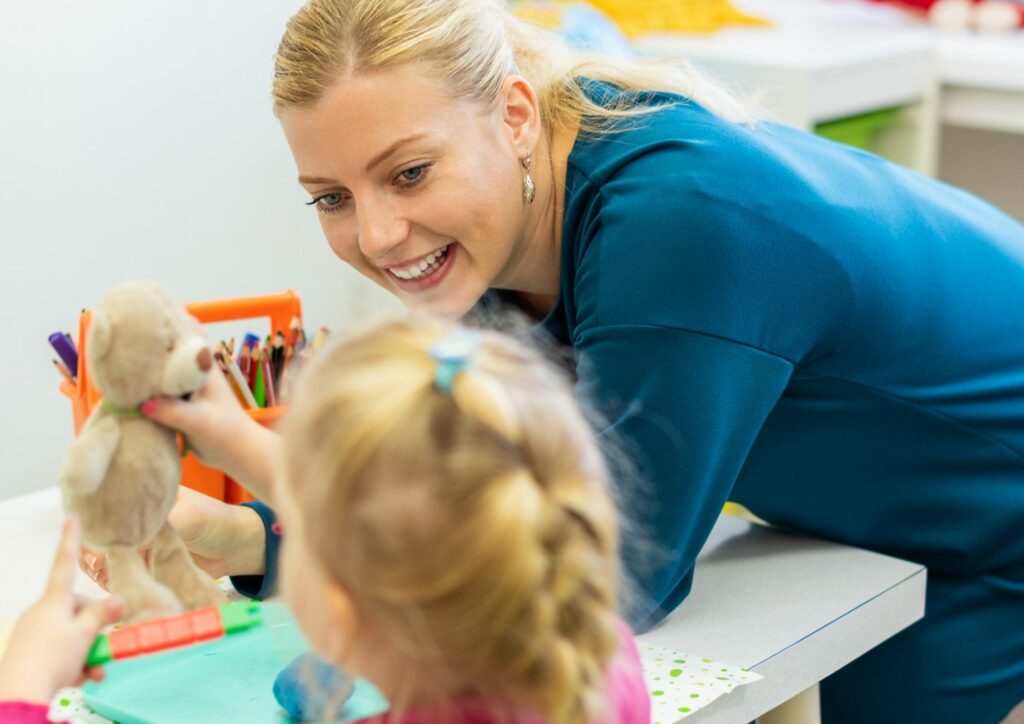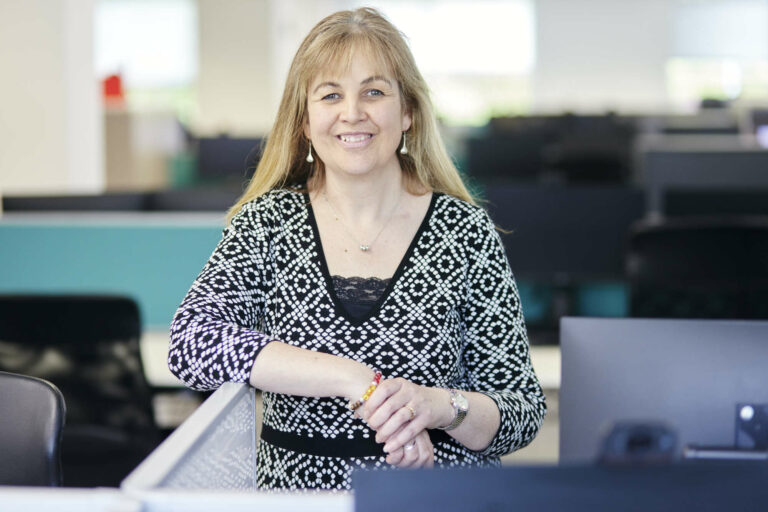
The annual NHS Learning Disabilities Mortality Review (LeDeR) report continues to show that children with learning disabilities or special educational needs (SEN) are impacted disproportionality by inequalities in health and social care. In addition to the increased risk of dying, these inequalities also mean that they are less likely to get the help that they need to meet their full potential.
In May 2022 a report produced by Cerebra, The Challenging Behaviour Foundation, The University of Warwick, Council for Disabled Children and Mencap was published looking at the importance of early intervention to support children with learning difficulties and their families.
Early intervention means identifying the children who are at the most risk of having poor outcomes as soon as possible, so that they can receive all the help they need to have a better chance at life.
The report highlights the difficulties that families have in obtaining support for their children with learning disabilities. The report identified the high financial cost for families supporting a child with learning disabilities, as well as the emotional and physical strain that this can put on the whole family.
Children with learning difficulties often need health and social care and educational support, which are all managed by separate bodies and do not provide an integrated service. The report identifies the need for all of these agencies to work closely together to provide a targeted service for individuals.
There were four key recommendations in the report:
- Empowering and equipping families to meet the needs of their child
This includes ensuring that families are empowered to build their child’s skills and equipped to deal with any behavioural challenges, such as sleep difficulties. This will reduce any distress for their child and maximise the child’s wellbeing.
- Investing in the wellbeing of family carers
This focuses on the wellbeing of the family and the stressors that might prevent families from being able to cope with their child. This includes providing supports such as affordable childcare, emotional support and peer to peer support, as well as breaks.
- Workforce development
Workforce is looking at frontline staff and ensuring they are equipped with the skills needed to provide early intervention to families. This will help the child’s key skills, such as communication, social, emotional and motor skills to develop.
- Timely access to specialist support
A multi-disciplinary team approach, where all agencies communicate with each other and provide coordinated intervention, is really important to enable an effective response to children’s and families’ needs.
The report proposes system changes, such as created Integrated Care Systems and Family Hubs would assist in these early interventions.
How we can help
We work closely with charities such as Cerebra, who may be able to offer help to families that are struggling with the care of a child with special educational needs. If your child was left with learning disabilities following medical negligence or a serious injury, we can also help you investigate whether you can make a claim for compensation, which can be used to access additional care and support for your child.



















